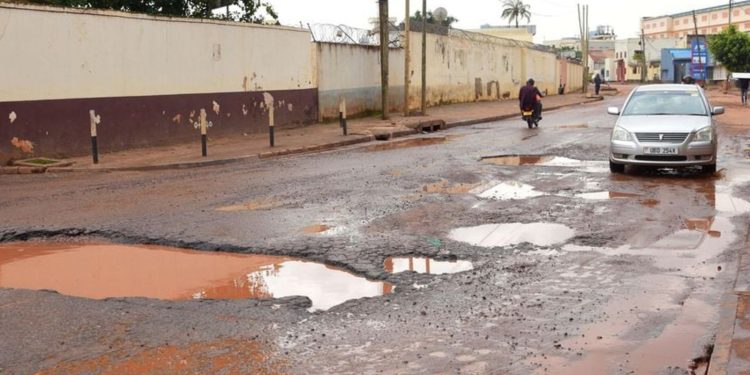More than six months since the Uganda National Roads Authority (UNRA) was rationalized into the Ministry of Works and Transport (MoWT), a storm of internal politics, power struggles, and entitlement has frustrated the progress of national road construction and maintenance.
Following the integration, the Public Service Commission (PSC) initiated a recruitment exercise under the Rationalization of Government Agencies and Public Expenditure (RAPEX) framework.
However, what was expected to be a seamless transition has turned chaotic. Sources within the ministry reveal that several former UNRA Station Managers—who were not successful in the first phase of RAPEX interviews—have resorted to lobbying and political maneuvering to reverse the process.
Despite appointments being made three months ago, deployed staff remain idle, with management unable to operationalize their placements due to mounting internal pressure.
The former managers, some of whom have refused to vacate office, are reportedly exerting influence over top government officials, including the Head of Public Service, Lucy Nakyobe. According to insiders, this group has been lobbying for extensions of their short-term contracts—for the third consecutive time—without regard for the operational needs of the country or public interest.
Reports indicate that these managers are leveraging their networks among high-ranking figures in government to influence the structure of the ministry in their favor, even after failing to secure positions through the official Public Service process. The irony is that many of these individuals do not possess specialized skills unique to road maintenance, yet they continue to block qualified and duly appointed personnel from assuming their roles.
A source further disclosed that some of the managers now causing delays were originally junior staff who were rapidly promoted during the 2015 reforms that saw experienced engineers sidelined—allegedly through internal intrigue by their own subordinates.
Although the RAPEX exercise was neither intended to be a purge nor a promotion vehicle, its implementation has disproportionately focused on retaining former station managers while leaving out vital technical cadres such as maintenance engineers and technicians, who are crucial to actual service delivery.
The fallout has been significant. Morale among staff is reported to be at an all-time low. Public trust in the system is waning.
Meanwhile, the national road network continues to deteriorate, and government continues to incur unnecessary losses—paying salaries to qualified employees who are not allowed to work.
“This disservice and manipulation require the President’s urgent attention,” one affected officer was overheard saying in frustration along the ministry corridors.
Efforts to get official comment from the Permanent Secretary of MoWT, Mr. Bageya Waiswa, and the Commissioner for National Roads, Eng. Isaac Wanni, were unsuccessful as their known phone contacts were unreachable.
The delay in deployments and the internal power wrangles are not just administrative hiccups—they are now a national concern, with the deteriorating roads across the country bearing the brunt of bureaucratic standoffs.





